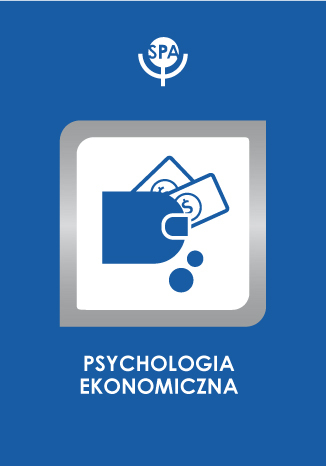Array
(
[id] => 311
[date] => 2019-03-12
[doi] =>
[title] => Waluta państwa jako symbol tożsamości narodowej a postawy wobec euro. Przypadek Polskii Słowacji
[title_en] => STATE CURRENCY AS A SYMBOL OF NATIONAL IDENTITY. ATTITUDES TOWARDS THE EURO. THE CASE OF POLAND AND SLOVAKIA
[authors] => Adam Biela, Katarzyna Surowiec
[abstract] => The paper deals with the relation between the sense of national pride and the attitudes towards the euro and towards national currencies, for respondents from Poland and Slovakia. 96 psychology and sociology students were tested (48 from Poland and 48 from Slovakia). The first testing of both groups took place in December 2008 (i.e. just before Slovakia entered the Euro Zone). The same Slovak students were tested the second time a few months later (in April and May 2009) when Slovakia was functioning as an “euro country”. The results show that both Poles and Slovaks see the euro as a currency definitely more attractive, stable, solid and imperious in comparison to their own national currencies. However, more positive emotions were expressed in relation to their national currencies than to the euro. These findings are interpreted, on the one hand, as perceiving West as an unreachable standard of power and wealth, and at the same time of the hope for reaching the standard of living comparable to the West European countries. On the other hand, the evidently strong emotional attachment to the national currency indicates the sovereignty and uniqueness of their own states. The survey results also show certain differences between Poles and Slovaks in their attitude towards the euro and their perception of the euro as a currency in Europe.
[abstract_en] => The paper deals with the relation between the sense of national pride and the attitudes towards the euro and towards national currencies, for respondents from Poland and Slovakia. 96 psychology and sociology students were tested (48 from Poland and 48 from Slovakia). The first testing of both groups took place in December 2008 (i.e. just before Slovakia entered the Euro Zone). The same Slovak students were tested the second time a few months later (in April and May 2009) when Slovakia was functioning as an “euro country”. The results show that both Poles and Slovaks see the euro as a currency definitely more attractive, stable, solid and imperious in comparison to their own national currencies. However, more positive emotions were expressed in relation to their national currencies than to the euro. These findings are interpreted, on the one hand, as perceiving West as an unreachable standard of power and wealth, and at the same time of the hope for reaching the standard of living comparable to the West European countries. On the other hand, the evidently strong emotional attachment to the national currency indicates the sovereignty and uniqueness of their own states. The survey results also show certain differences between Poles and Slovaks in their attitude towards the euro and their perception of the euro as a currency in Europe.
[keywords] => national identity, state currency, attitudes
[keywords_en] => national identity, state currency, attitudes
[file_path] => /files/articles/2011-17-waluta-pastwa-jako-symbol-tosamoci-narodowej-a-postawy-wobec-euro.-przypadek-polskii-sowacji.pdf
[okladka] => psychologia_ekonomiczna.jpg
[rocznik] => Rocznik: 2011 Tom: 17 Numer: 1
[strony] => 117-132
)










 Pobierz pełny tekst
Pobierz pełny tekst



